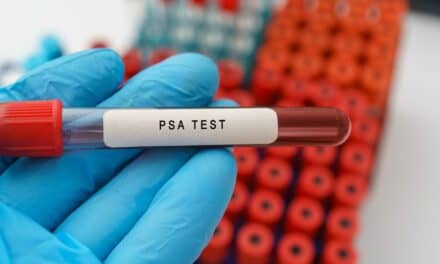Protagen AG, Dortmund, Germany, is collaborating with researchers at the University of California, San Francisco (UCSF), to investigate the immunoprofiling of prostate cancer patients treated with checkpoint inhibitors and therapeutic vaccines, using Protagen’s SeroTag technology.
Cancer immunotherapies can be very powerful and provide novel opportunities for the treatment of cancer. However, they currently work for a limited number of indications and patients. In addition, because such therapies reactivate the immune system to fight cancer, they can sometimes cause severe immune-related adverse events (irAEs).
“Although cancer immunotherapies can be effective in many different cancers, success in prostate cancer has been more limited,” says Lawrence Fong, MD, leader of the cancer immunotherapy program at the UCSF Helen Diller Family Comprehensive Cancer Center. “Nevertheless, we know that a small proportion of prostate cancer patients can respond to monotherapies. Immunologic profiling of these patients could enable approaches to patient selection. This collaboration could provide opportunities to accomplish this goal.”
Through their collaboration, Protagen and UCSF intend to provide further insight into the use of immune system profiling to predict treatment response and monitor prostate cancer patients for irAEs, specifically, so-called cold tumors, which are difficult to target with immunotherapies.
“Our proprietary SeroTag technology has enabled patient stratification and immunoprofiling of patients into homogenous disease subgroups for several autoimmune indications,” says Peter Schulz-Knappe, PhD, chief scientific officer at Protagen. “The strong link between immunooncology and autoimmune disease, confirmed by the observed irAEs under immunotherapy, provides us with an opportunity to improve immunoprofiling of cancer patients.
“We feel honored that Dr. Fong and UCSF share this view and we are excited about our collaboration, especially in an indication like prostate cancer that has been shown to be difficult to target with immunotherapies,” adds Schulz-Knappe.
For more information, visit Protagen.





